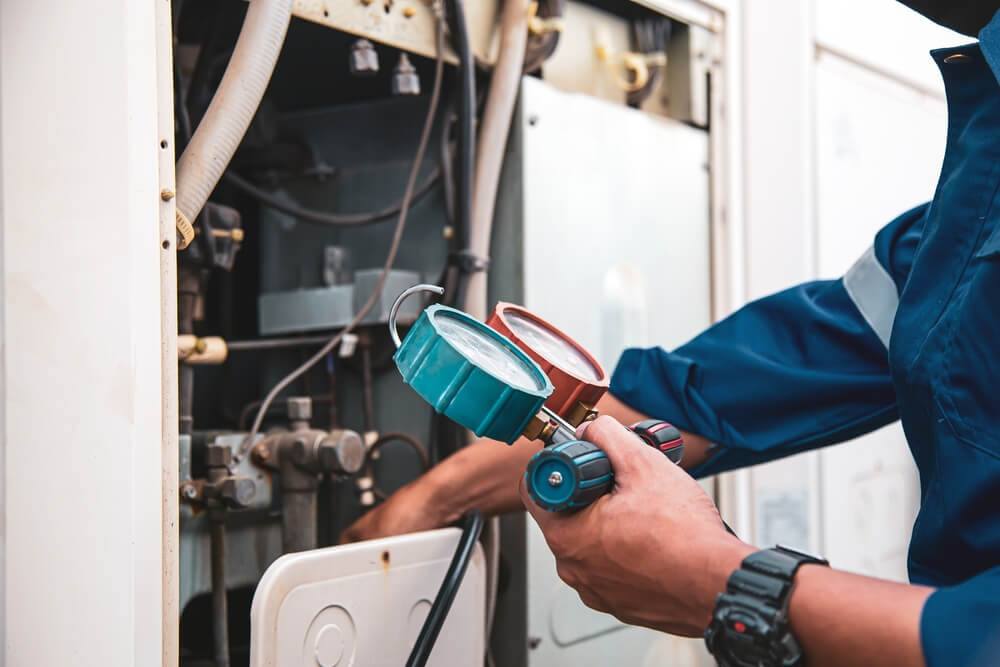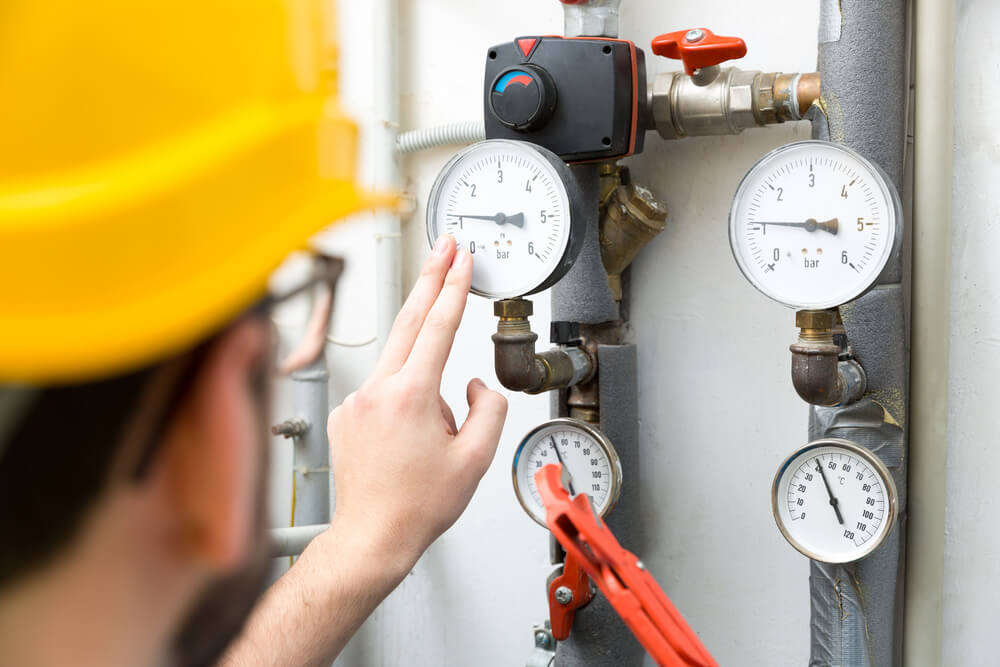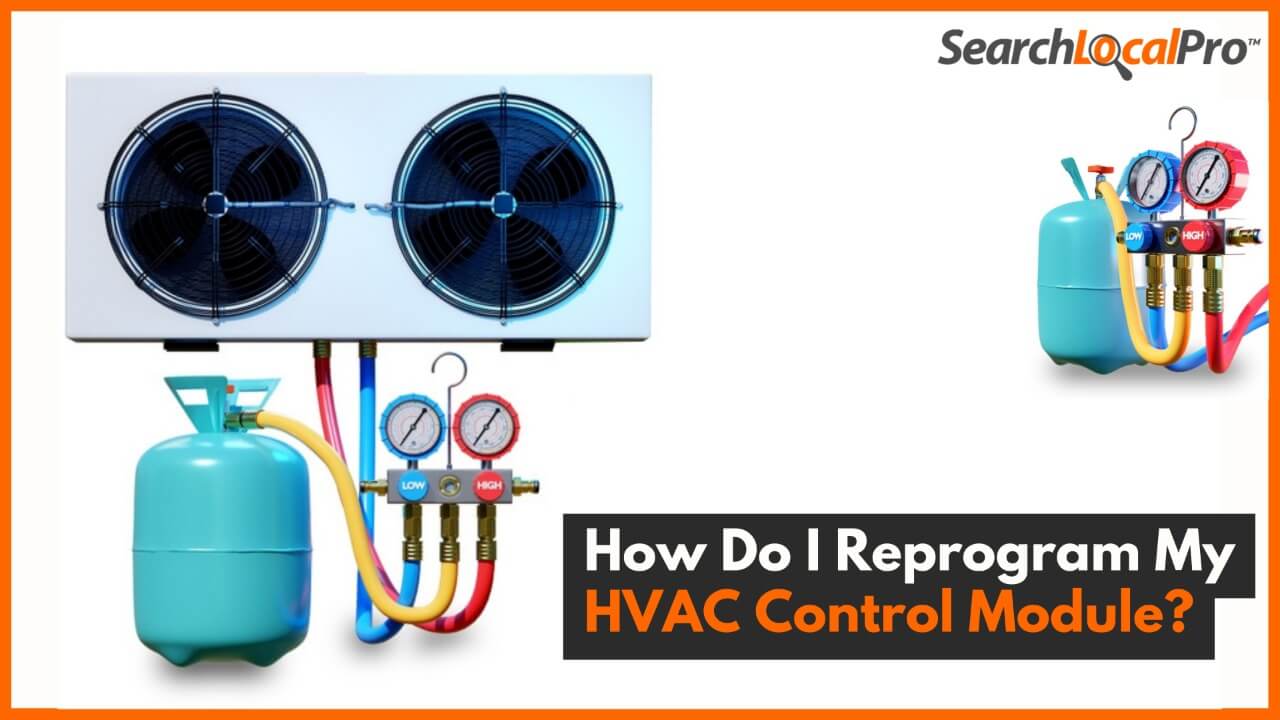There’s no doubt about the increasing hype of HVAC systems in residential and commercial areas that also leads to increased demand for HVAC contractors and technicians.
Consequently, after getting the professional degree, you probably wonder if you can start working as an HVAC technician. However, as we all know, before stepping into the HVAC field, you have to be certified.
And thus, we have answered your question, i.e., “how do I get my HVAC license?” to help you become a certified HVAC technician to start your journey as a contractor.
In addition, you will need to follow various steps that we have discussed in detail below:
HVAC Contractor License Vs HVAC Technician License
Most of the time, the HVAC contractor and technician license are confused. Thus, understanding the differences is crucial for technicians and contractors moving forward in their HVAC careers.
HVAC Technician License
Many states require a license to work as a heating, ventilation, and air conditioning technician. The license ensures that technicians have the necessary skills and knowledge to perform their job safely and effectively.
To obtain an HVAC license, technicians are required to complete an accredited training program and pass a written exam. Some states also require technicians to have experience working in the field.
Once licensed, HVAC technicians must keep their skills up-to-date by completing continuing education courses on a regular basis. Therefore, an HVAC license ensures that heating and cooling systems are installed and maintained properly.
HVAC Contractor License
A contractor license allows you to legally operate your business and work in your state or municipality. To obtain a contractor license, you must pass an examination that tests your knowledge of the HVAC trade.
The examination covers the installation, repair, and maintenance of HVAC systems (and related topics). Once you have passed the examination, you will be required to submit a license application approved by the licensing board.
After your application is approved, you will be issued a contractor license to start your own HVAC contracting business.
Note: Despite this basic difference, a certified HVAC technician can start his own HVAC business and might not need to pass a bundle of exams and tests depending on the state requirements.
Steps to Follow to Get an HVAC License

Choosing Between License and Certification
HVAC contractors must be licensed and certified to work in the field. Certification may be obligatory or voluntary while licensing is typically required by states or municipalities.
Depending on your chosen field, you can get a certificate or license. However, the four primary certifications that HVAC technicians can earn and each of these certifications are unique, demonstrating a technician’s knowledge and skills in a specific area.
Together, these four certifications provide a comprehensive overview of the HVAC industry and show that a technician is fully qualified to work in this field.
- EPA Certification
- HVAC Excellence Certification
- North American Technician Excellence Certification (NATE Certification)
- Refrigerant Recovery and Recycling Equipment Certification
On the contrary, getting HVAC licenses are a must in most states. The requirements and process of getting HVAC incense can vary from state to state.
Typically, the HVAC licensing board or the state department that regulates HVAC contractor work handles the licensing procedure.
There may be separate licenses for HVAC contractors and technicians in some cases, as we have discussed earlier.
The license classifications may also vary based on the HVAC specialists. In other cases, a plumber license or electrician license may be necessary.
Get Your Hands-on to Get Work Experience
No matter which state you live in, the requirement of getting work experience or training is a must to proceed further in your HVAC career as a technician or contractor.
Despite your license or certificate, you would be required to work as a technician in any agency or with HVAC contractors for some time to gain experience.
Now talking about the training, the HVAC training program is required to be completed as a separate course or a college project (in different states) to get an HVAC license.
The period for any training program, such as a collaboration with your college to offer HVAC aspirants different courses, is around 6 months to 2 years.
After completing your training program, you can now move to the next step, i.e., gain work experience. By enrolling yourself in an apprenticeship program, you can gain field experience.
Moreover, you’ll be eligible to get your HVAC license after spending valuable 3 to 5 years in an apprenticeship program. Meanwhile, improve your electronics, mechanics, and math knowledge for maximum benefit.
Note: Before getting a license and work experience, you would be required to achieve your minimum studies requirements by either finishing your GED or diploma (from your high school).
Acing Your HVAC Examinations
As we are more into getting an HVAC license, many states and authorities require you to pass the HVAC licensing exam.
Depending on the requirements of the institute or municipal authority, you would need to prepare for theory and practical examinations.
Institutes such as ESCO and ACCA are renowned for helping HVAC aspirants to prepare for the HVAC licensing exam.
Additionally, for certifications, you would also need to pass an examination, including a test to check proficiency level, HVAC specialty, and equipment analysis potential.
Note: You can not miss the training program and work experience before applying for an HVAC license examination.
Collecting Your Documents
Similar to any educational program requirements, to apply for an HVAC license, you would also need to collect your documents and submit them to your respective authority for an HVAC license.
After completing all the steps mentioned above, check your documents, including your educational background, personal details, and work experience, to attach to your HVAC license application.
Once you reach the last step, submit your HVAC license application to your state or municipal licensing authority to proceed further.
Note: Before applying for an HVAC license, make sure you are required to pay fees every year to keep your license updated and valid.
Requirements for HVAC license
There is no nationwide standard for licensing HVAC technicians in the United States. Instead, each state has its own requirements, which can vary significantly.
Some states require HVAC technicians to pass a comprehensive exam or have work experience.
In general, states that have colder climates tend to have more stringent requirements, as heating systems are more complex and can pose a greater risk if they are not installed properly.
For instance, Alaska requires HVAC technicians to have at least two years of experience and plumbing and electrical licenses (separately).
However, in states like Florida, which has a relatively mild climate, HVAC technicians only need to pass a basic exam.
As a result, you need to research the licensing requirements in your state while considering a career in HVAC. You can check your state HVAC license requirement details here.
Do You Need a License to Do HVAC Work?
Most states in the US require HVAC technicians to have a professional license to work on heating, ventilation, and air conditioning units.
In some cases, Journeyman or Master level licenses may be required for certain types of work. The requirements for licensure vary from state to state but generally include passing an exam and completing a certain amount of training.
Some states also require continuing education to renew a license. Although it is possible to do HVAC work without a license, it is not advisable.
Not only is it illegal in most states, but it can also be dangerous. HVAC systems contain various chemicals and electrical components, and working on them without proper training can be dangerous.
In addition, HVAC systems are often located in difficult-to-reach places, such as attics and crawlspaces. As a result, attempting to do HVAC work without a license is not recommended.
Is Getting an HVAC License Worth it?

HVAC technicians are trained to install, maintain, and repair HVAC units. While many technicians enter the field with a high school diploma or equivalent, and becoming certified can offer many advantages.
Certification provides a seal of approval from an industry-recognized organization, which can give job seekers an edge over the competition.
Certified technicians can often command higher salaries and may be eligible for promotions more quickly than their non-certified counterparts.
Most certification programs include coursework on the latest HVAC technology and best practices, which can help technicians stay up-to-date on the ever-changing industry.
Many employers offer tuition reimbursement for employees who pursue certification, making it easier for technicians to get the education they need to succeed in their careers.
Therefore, considering a career in HVAC, certification is definitely worth pursuing.
Final Thoughts
By reaching the end of today’s discussion on how you can get an HVAC license, we hope you have understood the four-step procedure along with the necessary insights to apply for your license easily.
However, before applying, check if your state or local licensing authority offers HVAC contractor and HVAC technician licenses separately. After that, you can submit your application according to your need.
Lastly, if you are confused about any information mentioned in the article or have other queries, drop them in the comment section below. And our HVAC consultants will reach out to you asap.
Common FAQs
How do I get my HVAC license in NJ?
To get a state of New Jersey HVAC license, fulfill the state’s educational and experience requirements, pass the licensing exam, and submit an application to the New Jersey Division of Consumer Affairs, Board of Examiners of Heating, Ventilating, Air Conditioning, and Refrigeration Contractors.
How do I get my HVAC license in Virginia?
To obtain an HVAC license in Virginia, fulfill the state’s educational and experience requirements, pass the required exams, and submit an application to the Virginia Board for Contractors.
How to get California HVAC license?
To acquire an HVAC license in California, meet the state’s educational and experience prerequisites, pass the required exams, and submit an application to the Contractors State License Board (CSLB) along with any necessary documentation and fees.




